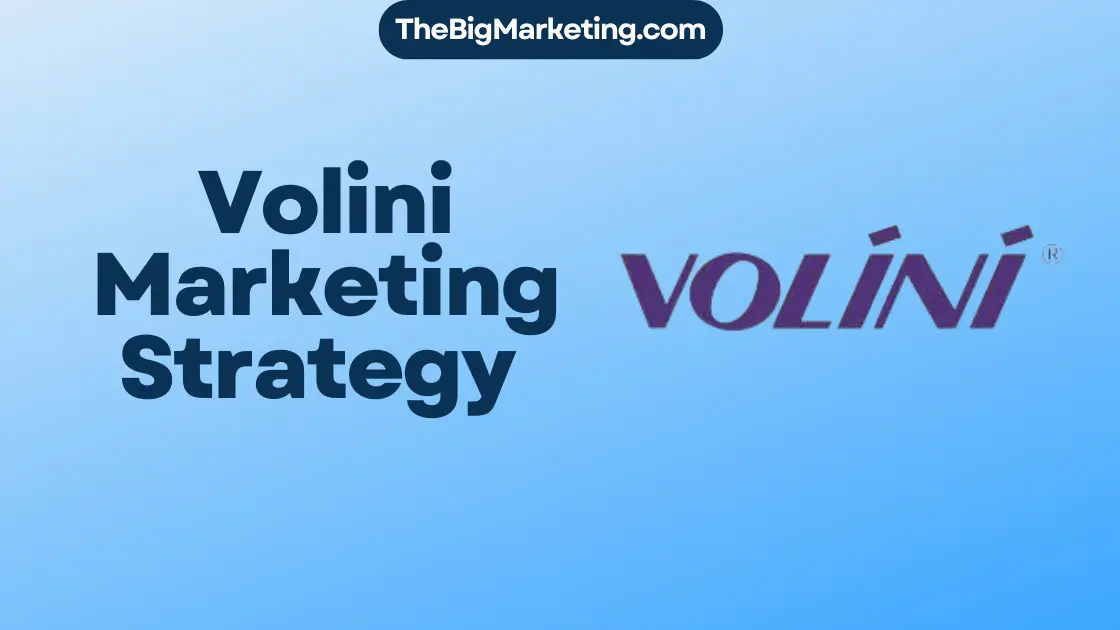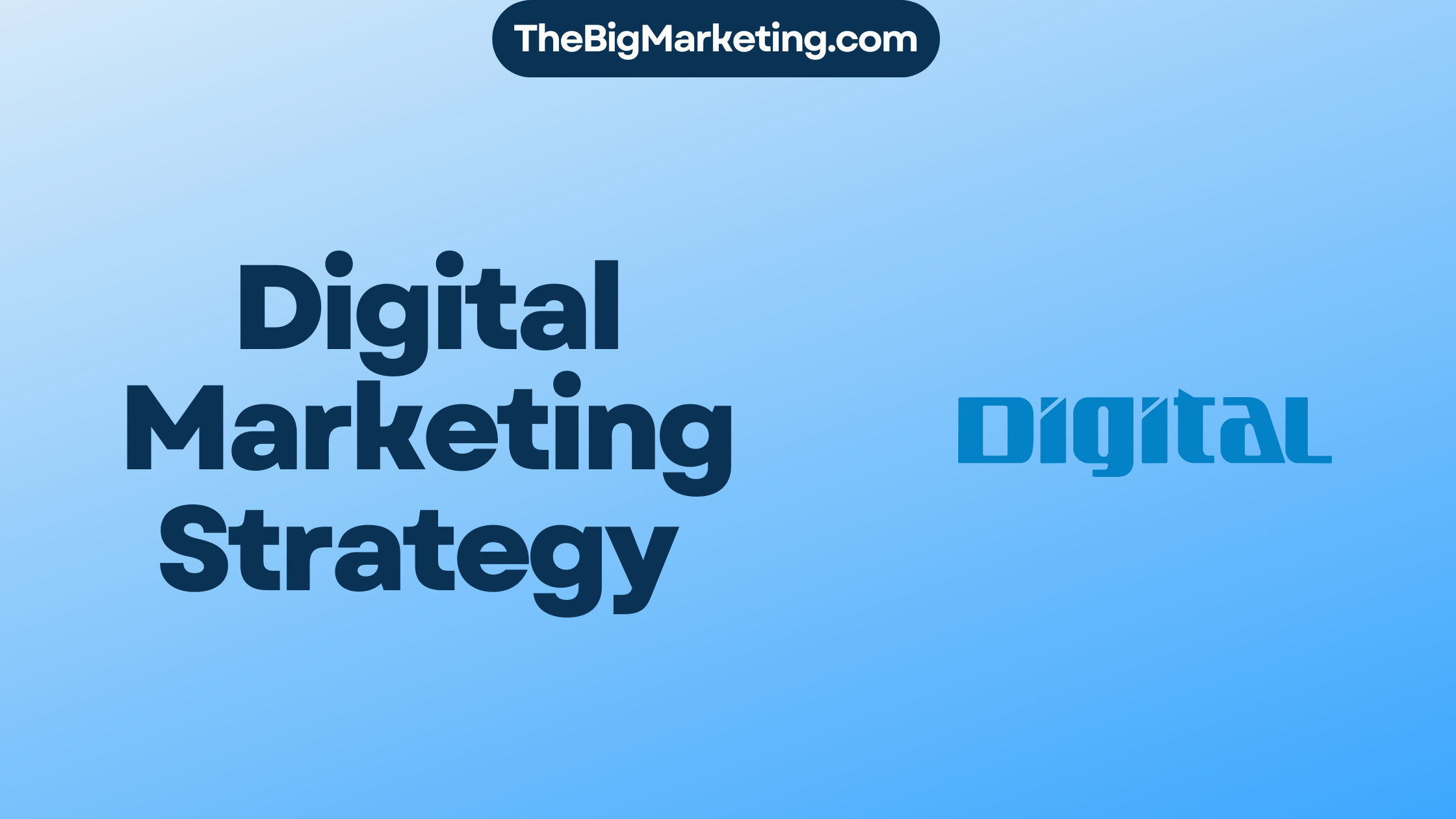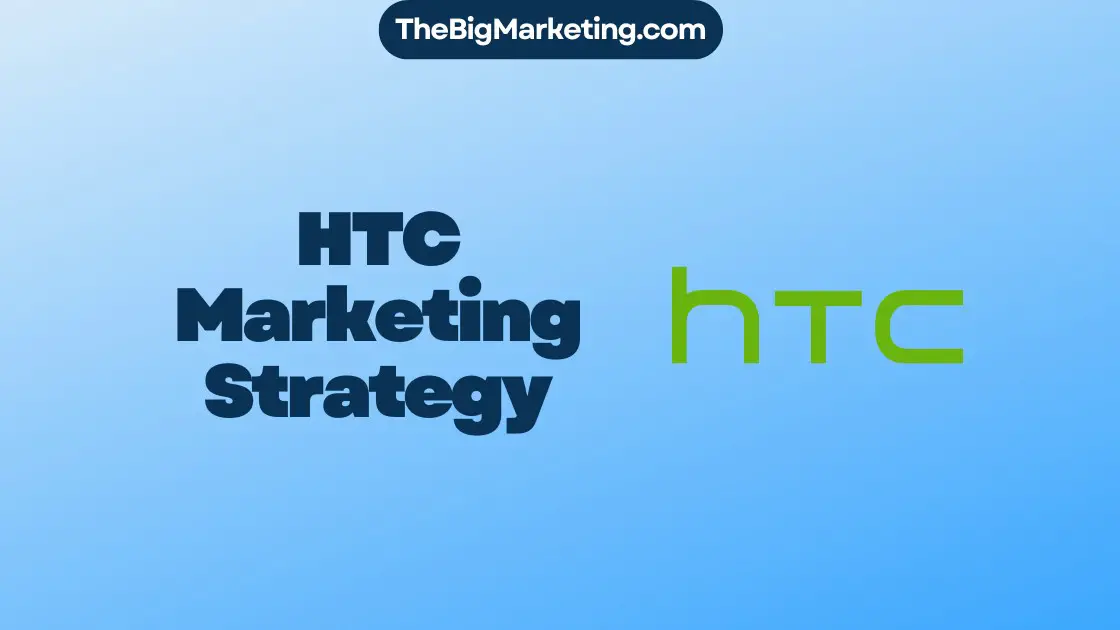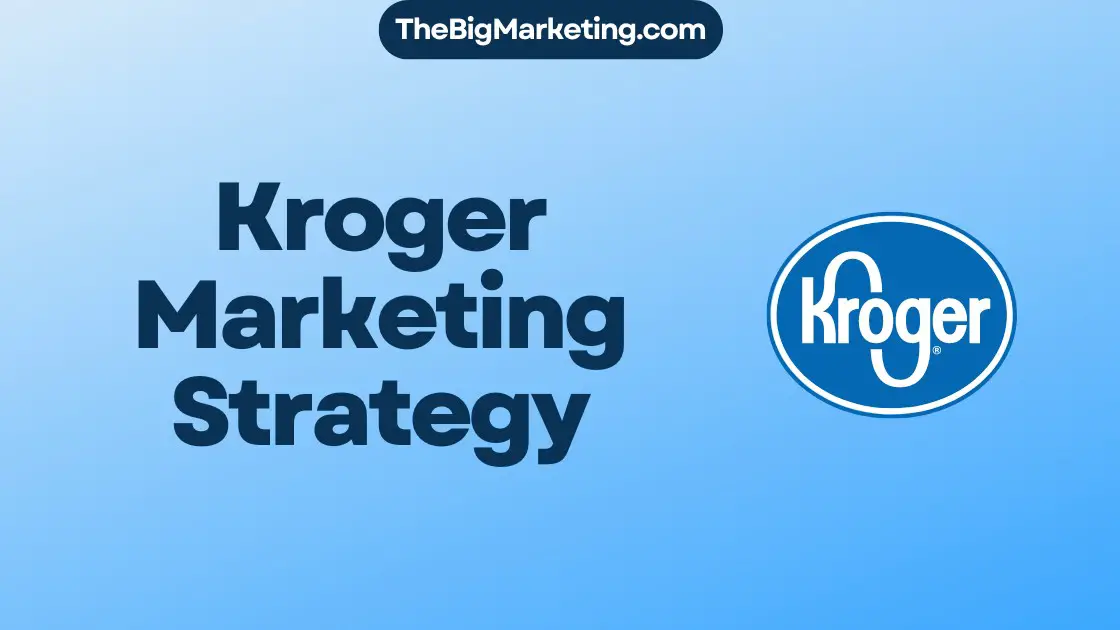Webinars have revolutionized the way marketers engage with their audience, offering a powerful platform to generate quality leads and drive business growth. In this comprehensive guide, we will delve into the world of webinar marketing, exploring the fundamentals, benefits, and various types of webinars that can be leveraged to achieve your marketing goals.
As the digital landscape continues to evolve, webinar marketing has emerged as a crucial strategy for attracting and captivating your target audience. By harnessing the power of online webinar promotion and virtual event planning, businesses can effectively engage with prospects, provide valuable insights, and establish their brand as a thought leader in the industry.
To optimize your webinar marketing efforts, it is important to implement lead generation techniques and audience engagement strategies that resonate with your target demographic. By utilizing interactive presentation tools, you can create captivating experiences that keep your audience engaged and eager to learn. Furthermore, understanding webinar conversion optimization and analyzing webinar analytics and metrics can provide valuable insights into improving your overall strategy.
One of the key elements in successful webinar marketing is the creation of compelling webinar content. By focusing on delivering valuable insights, expert knowledge, and thought-provoking discussions, you can position your brand as an authority in your niche. Additionally, exploring the available webinar platforms and software can help you choose the best tools to host and manage your webinars effectively.
Join us in exploring the exciting world of webinar marketing and equip yourself with the knowledge and strategies needed to thrive in 2024 and beyond.
Key Takeaways:
- Webinars are an effective tool for generating quality leads and driving business growth.
- Webinar marketing involves online webinar promotion, virtual event planning, and leveraging interactive presentation tools.
- Lead generation techniques and audience engagement strategies are crucial for webinar marketing success.
- Webinar conversion optimization and analytics provide insights for improving the overall strategy.
- The creation of compelling webinar content and choosing the right webinar platforms and software are key factors for success.
What is Webinar Marketing?
Webinar marketing is a digital marketing strategy that utilizes webinars, or web-based seminars, to engage, educate, and convert a target audience. It involves creating and promoting live or pre-recorded online events that deliver valuable content, share industry insights, and establish a direct and interactive connection with potential customers. Webinars serve as a platform for showcasing expertise, building brand authority, and generating leads by capturing attendee information. This strategy encompasses various elements, such as defining objectives, crafting compelling content, promoting the event, and analyzing performance metrics, all aimed at driving brand awareness, lead generation, and business growth.
Web-based seminars, or webinars, have emerged as a powerful tool in the digital marketing landscape. With the increasing importance of engaging with the target audience and establishing brand authority, webinar marketing has become an integral part of companies’ overall digital marketing strategy.
Webinars offer a unique and interactive way to connect with potential customers. By providing valuable content, industry insights, and expertise, businesses can position themselves as thought leaders in their respective fields. Through webinars, companies can establish a direct connection with their target audience, fostering engagement and building brand awareness.
One of the key advantages of webinar marketing is its ability to generate quality leads. By requiring attendees to provide their contact information in exchange for attending the webinar, businesses can capture valuable lead data. These leads can then be nurtured and converted into customers through targeted follow-up activities.
Moreover, webinar marketing allows companies to showcase their products or services in a dynamic and engaging way. Whether it’s demonstrating the features and benefits of a product or offering in-depth training sessions, webinars offer a platform for businesses to showcase their expertise and educate potential customers.
In addition to lead generation and expertise showcase, webinar marketing also contributes to overall brand growth. By consistently delivering valuable and informative content through webinars, businesses can build trust and credibility with their target audience. This not only strengthens the brand’s reputation but also establishes the company as a trusted resource in the industry.
To effectively execute a webinar marketing strategy, companies need to define their objectives, identify their target audience, create valuable content, promote their webinars through various channels, and analyze key performance metrics. By understanding the goals and preferences of their audience, businesses can tailor their webinars to deliver maximum value and drive desired outcomes.
Benefits of Webinar Marketing:
- Target Audience Engagement: Webinars provide a direct and interactive connection with potential customers, fostering engagement and building brand loyalty.
- Brand Awareness: By showcasing expertise and delivering valuable content, webinars help businesses establish brand authority and increase visibility in the market.
- Quality Lead Generation: Webinars capture attendee information, enabling businesses to generate quality leads and nurture them through targeted follow-up activities.
- Valuable Content: Webinars offer a platform for delivering in-depth industry insights, educational content, and thought leadership, providing value to the target audience.
- Expertise Showcase: By presenting expertise and showcasing products or services, webinars position businesses as trusted authorities in their respective fields.
- Thought Leadership: Consistently delivering insightful webinars enhances the company’s reputation and establishes it as a thought leader in the industry.
- Direct Connection with Potential Customers: Webinars allow businesses to directly communicate and interact with their target audience, building relationships and trust.
- Business Growth: Through effective webinar marketing, businesses can drive lead generation, increase brand awareness, and ultimately achieve business growth.
Benefits of Webinar Marketing
Webinar marketing offers numerous benefits for businesses aiming to enhance their marketing strategies. These benefits include:
Audience Engagement
Webinars provide a platform for interactive engagement with your target audience. Through features such as live chat, Q&A sessions, and polls, you can foster active participation, gather valuable feedback, and create a sense of community.
Lead Generation
Webinars are an effective lead generation tool. By requiring attendees to register, you can collect valuable information such as names, email addresses, and job titles. This data enables you to nurture prospects further and convert them into paying customers.
Thought Leadership
Hosting webinars positions your brand as a thought leader in your industry. By sharing valuable insights, industry trends, and expert knowledge, you can establish credibility, gain trust, and differentiate your business from competitors.
Content Repurposing
Webinar content can be repurposed into various marketing materials, maximizing its reach and impact. You can transform webinar recordings into blog posts, podcasts, social media videos, or ebooks, expanding your content library and attracting a wider audience.
Cost-effective Marketing
Webinars offer a cost-effective alternative to traditional in-person events. With webinars, you eliminate expenses such as venue rentals, travel, and catering. Moreover, webinars can reach a global audience without geographical constraints, enabling you to connect with potential customers worldwide.
Data and Analytics
Webinar platforms provide valuable data and analytics that can inform your marketing strategies. You can track attendee engagement, measure conversion rates, and analyze audience behavior to optimize future webinars and tailor your approach to better serve your target audience.
Overall, webinar marketing offers a holistic approach to audience engagement, lead generation, thought leadership, content repurposing, cost-effective marketing, and data-driven optimization.
Types of Webinars You Can Host
Webinars are a versatile marketing tool that offers businesses various options to communicate their message, engage with their target audience, and foster meaningful connections. By choosing the right type of webinar, you can effectively achieve your marketing goals and create impactful experiences for your attendees. Let’s explore some of the different types of webinars you can host:
Educational Webinars
Educational webinars focus on delivering valuable knowledge and insights to your audience. They are designed to provide educational content related to your industry or specific topics of interest. By sharing valuable information with your audience, you establish your brand as a trusted authority and build credibility within your industry.
Product Demonstrations
Product demonstrations are interactive webinars where you showcase the features, benefits, and capabilities of your product or service. These webinars are highly effective for demonstrating how your offering solves specific pain points and addresses the needs of your audience. Product demonstrations provide an opportunity to engage with potential customers and highlight the unique value your product brings.
Thought Leadership Webinars
Thought leadership webinars position your brand as a leader in your industry. They focus on sharing innovative ideas, industry trends, and expert insights. By providing unique perspectives and thought-provoking content, you can establish your brand as a trusted advisor and gain the attention and respect of your target audience.
Training and Onboarding Webinars
Training and onboarding webinars are designed to educate and onboard new customers or employees. These webinars provide step-by-step guidance, best practices, and training materials to ensure a seamless and successful transition. Training and onboarding webinars help to effectively educate and empower your audience, whether they are new customers or employees.
Q&A or Panel Discussions
Q&A or panel discussions are interactive webinars where participants can ask questions and engage in discussions with industry experts or panelists. These webinars foster meaningful dialogue, address audience queries, and provide valuable insights from multiple perspectives. Q&A or panel discussions encourage engagement and collaboration while establishing your brand as a reliable source of information and expertise.
Promotional Webinars
Promotional webinars focus on showcasing and promoting your products, services, or upcoming events. These webinars aim to generate leads, increase brand awareness, and drive conversions. By presenting compelling offers, exclusive discounts, or limited-time deals, promotional webinars encourage attendees to take immediate action and engage with your brand.
Virtual Conferences or Summits
Virtual conferences or summits are large-scale events that bring together multiple speakers, sessions, and attendees in a virtual setting. These webinars provide a comprehensive experience with keynote speeches, breakout sessions, networking opportunities, and interactive features. Virtual conferences or summits offer a holistic approach to educating, inspiring, and engaging your audience over multiple days.
Industry Insights and Trends Webinars
Industry insights and trends webinars focus on sharing the latest developments, emerging trends, and market insights within your industry. These webinars are valuable for keeping your audience updated, providing expert analysis, and assisting them in staying ahead in a rapidly changing business landscape. Industry insights and trends webinars establish your brand as a knowledgeable resource and a trusted industry insider.
Case Study Presentations
Case study presentations showcase real-life examples of how your product or service has solved specific challenges for your customers. These webinars feature in-depth analyses, success stories, and measurable results. Case study presentations provide social proof and demonstrate the effectiveness and real-world value of your offerings to potential customers.
Employee Training and Development Webinars
Employee training and development webinars focus on enhancing the skills, knowledge, and professional growth of your employees. These webinars offer training sessions, workshops, and educational resources to improve employee performance, productivity, and job satisfaction. Employee training and development webinars contribute to building a skilled and motivated workforce.
How to Create an Effective Webinar Marketing Strategy
Creating an effective webinar marketing strategy is crucial for achieving your webinar marketing goals. By following a systematic approach, you can ensure that your webinars align with your target audience’s interests and effectively engage them. Here are the key steps to crafting a successful webinar marketing strategy:
1. Define Your Webinar Marketing Goals
To start, clearly define your webinar marketing goals. Determine what you aim to achieve through your webinars, whether it’s increasing brand awareness, generating leads, or establishing thought leadership. By setting specific and measurable goals, you can align your entire strategy towards achieving these objectives.
2. Identify Your Target Audience
Next, identify your target audience for each webinar. Conduct thorough market research to understand their demographics, interests, pain points, and goals. This will help you tailor your webinar content and messaging to resonate with your audience and meet their needs.
3. Select Compelling Webinar Topics
Choose webinar topics that are both relevant to your target audience’s interests and align with your webinar marketing goals. Consider conducting surveys or analyzing customer data to identify popular topics that will capture your audience’s attention and provide value to them.
4. Choose Suitable Webinar Formats
The webinar format you choose should depend on your webinar goals and audience preferences. Educational webinars, product demonstrations, thought leadership webinars, and Q&A sessions are just a few examples of different formats you can utilize. Select a format that will best convey your message and engage your audience.
5. Set Appropriate Webinar Dates and Times
When scheduling your webinars, consider your target audience’s availability and time zones. Select dates and times that are convenient for your audience, increasing the likelihood of attendance. Additionally, promote your webinar with ample time for your audience to plan and register.
6. Utilize All-in-One Webinar Platforms
Opt for all-in-one webinar platforms that offer interactive audience engagement features. These platforms provide comprehensive tools for hosting, managing, and analyzing webinars. They often include features such as registration, live chat, Q&A, polls, and analytics, making it easier to create engaging and impactful webinars.
By following these steps and utilizing the right webinar marketing tools and techniques, you can create a compelling and effective webinar marketing strategy. This will help you maximize audience engagement, generate quality leads, and achieve your webinar marketing goals.
| Benefits | Table | Comparisons |
|---|---|---|
| Audience engagement | Lead generation | Thought leadership |
| Content repurposing | Cost-effective marketing | Data and analytics |
Define Your Webinar Marketing Goals and Objectives
Defining specific goals and objectives is crucial for a successful webinar marketing strategy. These goals serve as the guiding principles that shape the entire webinar campaign, determining the webinar’s purpose and providing a basis for accurate success measurement. Well-defined goals enable the tailoring of content, promotional tactics, and post-webinar follow-up to align with the objectives, ensuring that every aspect of the webinar strategy contributes strategically to overall marketing efforts.
When setting goals and objectives for your webinar, it’s important to ensure that they are specific and measurable. Specific goals help you clarify what you want to achieve and what actions you need to take to reach your target audience effectively. For instance, instead of setting a general goal like “increase brand awareness,” a more specific goal would be “increase brand awareness by 20% among marketing professionals in the healthcare industry.”
Your webinar marketing strategy should revolve around these specific goals and objectives. By defining them in advance, you can develop a tailored content plan that addresses the pain points, challenges, and interests of your target audience. This approach allows you to showcase your expertise and provide valuable insights that resonate with your attendees, increasing engagement and resulting in higher conversion rates.
Additionally, a well-defined webinar strategy helps you choose the most appropriate promotional tactics to maximize registration and attendance. Whether it’s email marketing, social media advertising, influencer partnerships, or a combination of strategies, your promotional efforts should align with your goals and objectives, ensuring that you reach the right audience and attract attendees who are genuinely interested in your topic.
Once your webinar is over, it’s essential to have a well-planned post-webinar follow-up strategy. This involves reaching out to attendees and non-attendees, providing additional resources or offers related to the webinar’s content, and nurturing leads to move them further along the conversion funnel. By having clear goals and objectives, you can tailor your follow-up activities to the desired outcome, whether it’s driving sales, building relationships, or increasing brand loyalty.
Finally, success measurement is a critical aspect of webinar marketing. Without proper measurement and tracking, it’s challenging to assess the effectiveness of your strategy and make data-driven improvements. By defining clear goals and objectives from the start, you can easily identify the key performance indicators (KPIs) that align with your goals and monitor them throughout your webinar campaign. These KPIs could include registration numbers, attendance rates, engagement metrics, lead conversion rates, or customer acquisition costs.
Ultimately, defining specific goals and objectives for your webinar marketing strategy sets the foundation for success. It allows you to create tailored content, implement effective promotional tactics, optimize post-webinar follow-up activities, and accurately measure the results. By aligning every element of your webinar strategy with your goals and objectives, you can maximize the impact of your webinars and achieve tangible marketing outcomes.
Clarify Your Target Audience
Identifying and clarifying your target audience is a crucial step in developing a successful webinar marketing strategy. This process begins with conducting thorough market research to gain insights into your ideal customer persona. By understanding their demographics, interests, pain points, and goals, you can tailor your webinar content, messaging, and promotion to resonate with their needs and desires.
One effective way to gain insight into your target audience is by analyzing existing customer data. By examining demographic information, purchasing behavior, and communication preferences, you can better understand who your customers are and what drives them. Additionally, conducting surveys and engaging in direct conversations with your audience can provide valuable insights into their motivations and pain points.
By clarifying your target audience, you can craft a more focused and compelling webinar marketing strategy. By delivering relevant and valuable content to the right people, you can increase engagement, generate more leads, and ultimately drive business growth. Understanding your audience and catering to their specific needs will allow you to establish a meaningful connection and build a loyal customer base.








